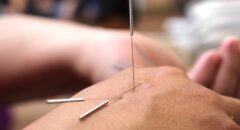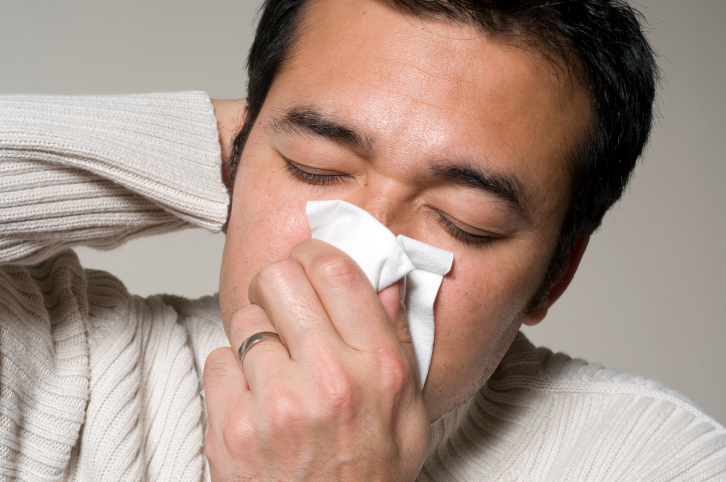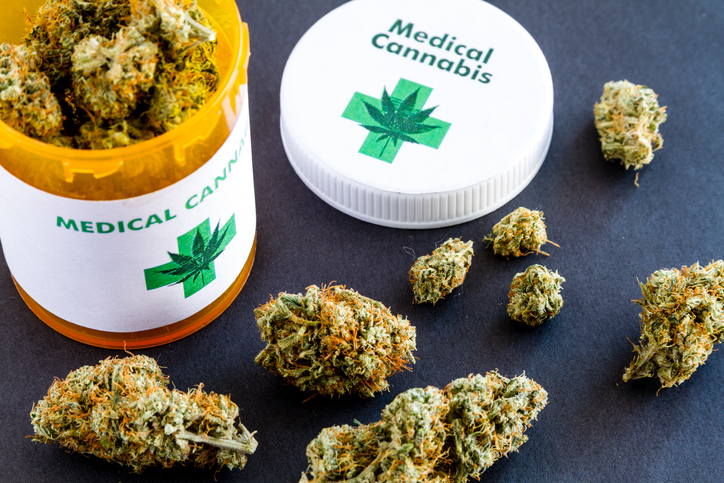
“Laughter is truly the best medicine,” says Dr. José Mattiauda with a smile. He observed it repeatedly in his practice: laughter works wonders.
Thirty years ago, Dr. Mattiauda took a Sunday walk around a small town in Argentina. While walking, he heard a strange sound coming from a nearby cave. He entered the cave and found a group of people laughing. The laughter was contagious, and the more they laughed, the more the people around him laughed, including him.
Dr. Mattiauda soon realized this was not just any cave, but a secret laughter therapy clinic or laughter club. As laughter spread, everyone felt a healing power over them in both body and soul. The word spread and people flocked to the cave to laugh.
In 1995, Dr. Madan Kataria started Laughter Clubs and Laughter Yoga in India. There are now 5,000 of them in more than 50 countries (200 in the United States). Laughter sessions are usually held in groups in the morning to get the day started.
Norman Cousins was the first person to try laughter therapy “scientifically.” With positive thinking and laughter, he got rid of an arthritic disease thought irreversible (ankylosing spondylitis). He published his experiences in an article in The New England Journal of Medicine in 1976. He recovered from his illness after six months of watching comic movies and taking vitamin C.
In the early 1980s, Dr. Hunter “Patch” Adams—played in the movies by Robin Williams—began to treat his patients with laughter and humor as therapeutic tools. Today, therapeutic clowns visit thousands of patients in hospitals around the world.
In our youth, we laughed up to 300 times a day, without any reason, for pure pleasure. In adulthood, ten times a day is sufficient. Or less. Work and social conventions encourage us to be more severe and lose our ability to laugh.
People with a sense of humor are less likely to be upset by stressful experiences. Also, laughter helps oxygenate the body, reduce muscle tension, massage the ribs, work the diaphragm, and increase the lungs’ respiratory capacity. By generating powerful positive emotions, laughter and humor produce analgesic effects and boost immunity. Viewing life with a humorous attitude reduces stress and indirectly improves health. In short, laughing and developing a sense of humor are good for physical, mental and emotional health.







